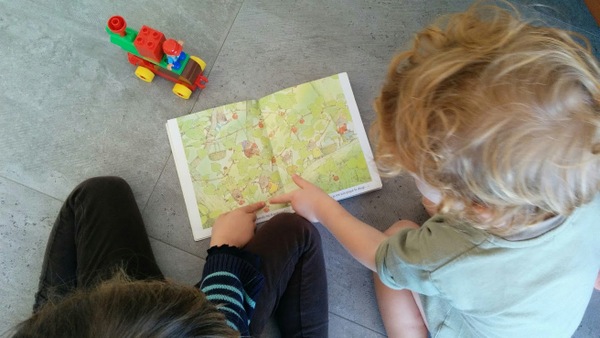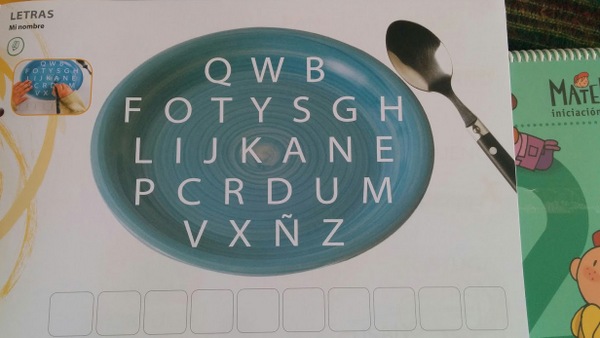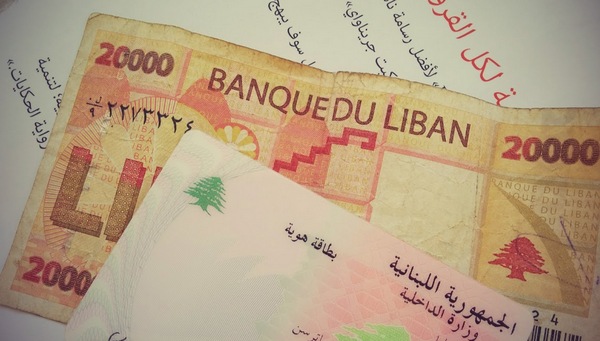These are the questions I asked before having kids. I still ask some of them every year or so. The kids grow; we move country; they start school… language is such a fluid thing so everything is up for change. Looking back on the six years – nearly seven – since my daughter was born, I would say that some things were easier than we thought. But the biggest surprise was the difference that personality makes.
What is your current linguistic landscape?
Mum (main caregiver) – English; Dad – French; Community – Spanish
Is it really enough if there’s only one person speaking a given language to them?
Much of the time, the kids only get French from their dad. Because he is bilingual, it would be easy for us all to slip back into English, so we have to be on guard against that. I have nudged French into being a main language at mealtimes, though without directly talking French to the kids. We’ve had to make sure they get lots of time with their dad at weekends, but their French is perfectly fluent, probably as good as their English, and always has been. We’ve relied on books to broaden their vocabulary, but always choosing them for interest first and foremost. They probably make more grammar mistakes than monolingual kids their age. Things like “She sended the letter,” or “Tu as allé au parque?” or “Ça ressemble comme…” from the English “it looks like” or even in the reflexive, as in “Ça se ressemble à …” from the Spanish “Se parece a…“. Still, they are switching between three languages every day, so I figure some ongoing interference is inevitable.
What about the language delay?
What language delay?
What if they reject a language?
This hasn’t happened to us so far, although there is plenty of time left for teenage angst (or is it preteen angst these days?) and other life changes to throw the cat in the pigeons. I ward against it by speaking highly of French language and culture (in age appropriate-terms, so “French culture” = croissants, by the way). As for Spanish, I’m enthusiastic about learning it myself, and we both try hard to speak Spanish to locals even when we could get away with English. Although my 6-year old is not a big fan of school, it hasn’t been an excuse to reject Spanish, and so far we haven’t had any linguistic issues.
Do they mix?
As in do they randomly switch language mid sentence? No, not unless they are talking to bilinguals. Do they sometimes use a French word in an English sentence? Yes, and vice versa. Usually because they have forgotten the word or never learnt it. Sometimes they break off and turn to one of us to ask “How do you say XYZ in French?” Sometimes they adapt a word to make it fit. The other day my son was talking in French about “la lavadoire”, a new take on the Spanish lavadora / French la machine à laver (washing machine). You can’t blame him, I mean it does sound French.
Still, it’s a question of knowing what to use where. I think of how often I say “thingy” or “truc” when speaking, and how I would naturally eliminate that in a job interview.
It’s also a personality thing. My oldest would never use a French word on her English grandparents, for example. My son might. My daughter focuses on expressing information precisely and succinctly and can get blocked if she doesn’t feel she has the right word. She’d rather stay quiet. My son, in complete contrast, communicates more in terms of a general feeling, and he’ll just keep chattering on until you get the word from the context. As he grows we’ll do our best to provide enough vocab to keep up with the chatter.
Overall, though, they are very clear about addressing me in English, their father in French, and the outside world in Spanish.
What about the kids between themselves?
They used to opt for one or the other, depending on what game they were playing or what book they were reading, or who was in the room with them. Then they spent a year speaking almost only French to each other. Even if I said in English, “Go and tell your brother it’s time for dinner,” it would be relayed in French. I think this was triggered by a bit more time spent with cousins (a bit older, so quite impressive) and it could have been influenced by French being closer to Spanish which was becoming a more important language for us all.
But now they have swung back to switching. So far no Spanish between them, though I feel my younger, more talkative, less pedantic child would be perfectly happy if his older sister made a move that way. Not sure how we can keep that at bay, but for now pedantry is on our side.
How can you boost a language if you feel it lacks support?
My quickest and easiest tip is songs. If daddy spends all day at work and comes to the dinner table tired, shortly before bedtime, they’re not going to get much French input. But we make sure to learn lots of French songs and just humming one in the afternoon can get them singing in French together. It’s also great for car journeys, long or short, when the rush to get out the house without forgetting something vital has usually wiped our minds of any brighter, wittier conversation.
Books are a great crutch, and keeping the telly off so they can actually appreciate reading has been a big part of that, I believe. The Petites Poules series was a great hit when my daughter was five and just starting to enjoy reading alone in French. Secret Seven and Tintin followed at six. And they are now rereading Énigmes à tous les étages with great delight. At four and six they need an adult to read it with them first, but they get no end of pleasure out of rereading it alone or huddled together. Now I could really do with new ideas for chapter books or a short story series in French, so leave a comment if you can recommend something!
Although I never speak directly to the kids in French (save on a few very rare occasions for the sake of others), I’ll happily read to them in French. In fact their love of books has grown so that not only will my 6 year old happily read Tintin to herself, so will my 4 year old, even though for him it’s just looking at the pictures and repeating lines he remembers, in French. While daddy’s at work, that’s a big gain in terms of exposure to their minority language.
How does it feel to have trilingual children?
Go to India or Africa and ask mothers there, they’ve been doing it much longer.





